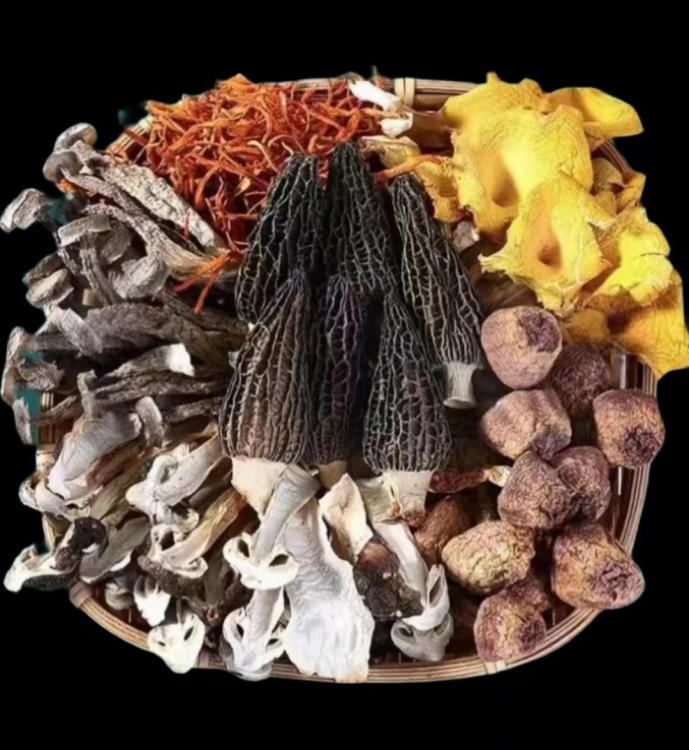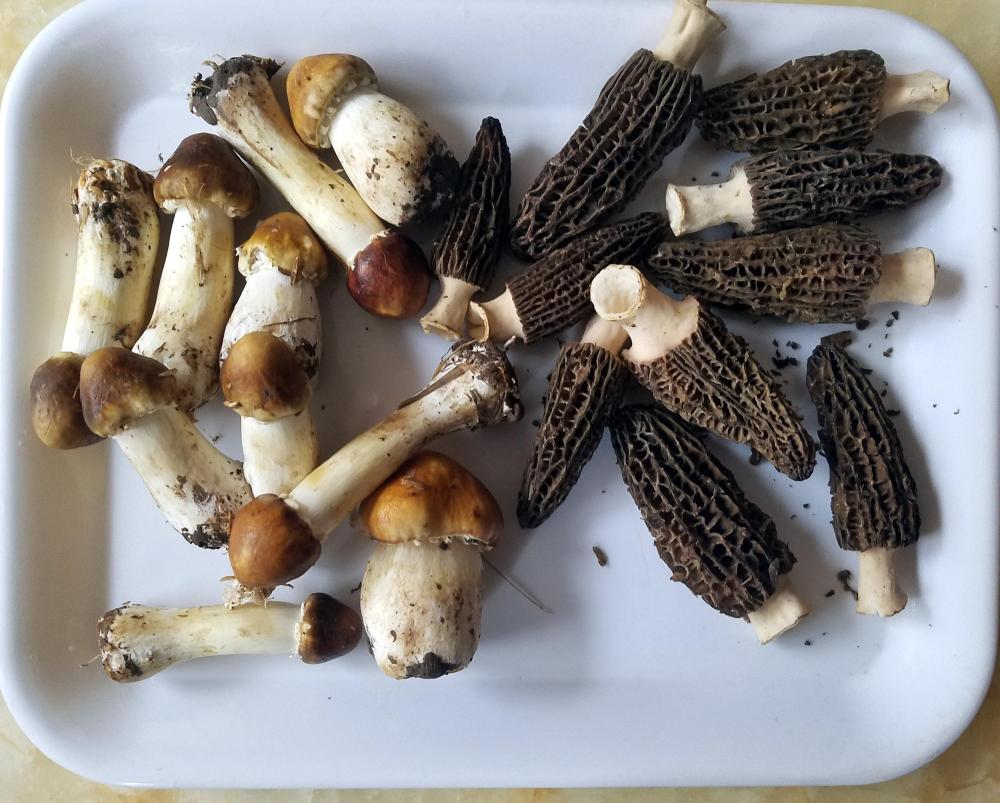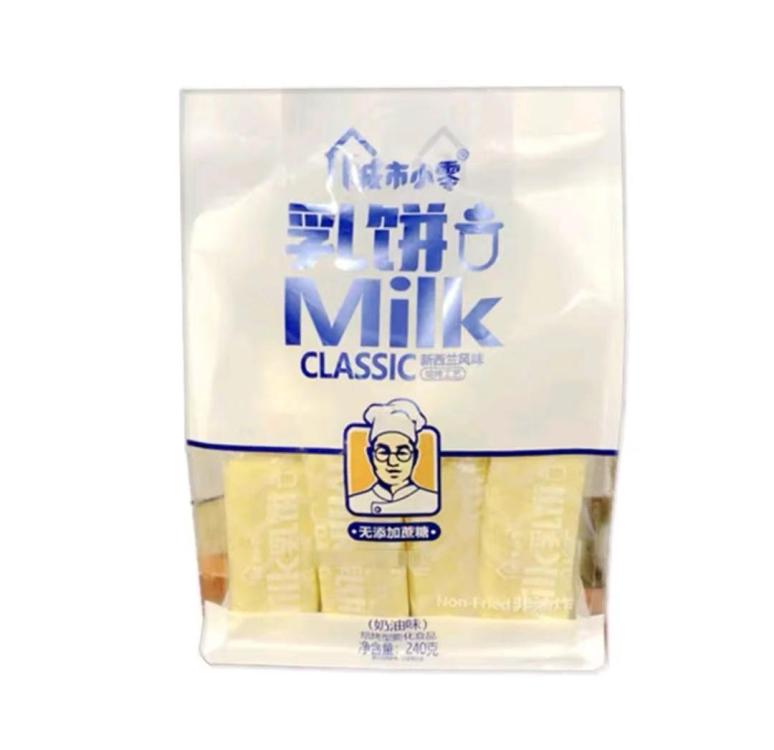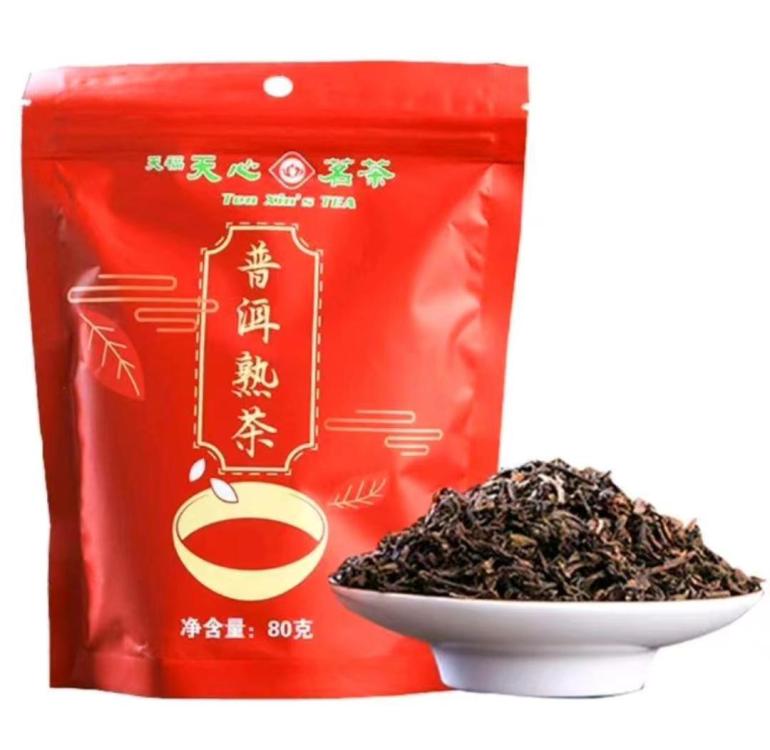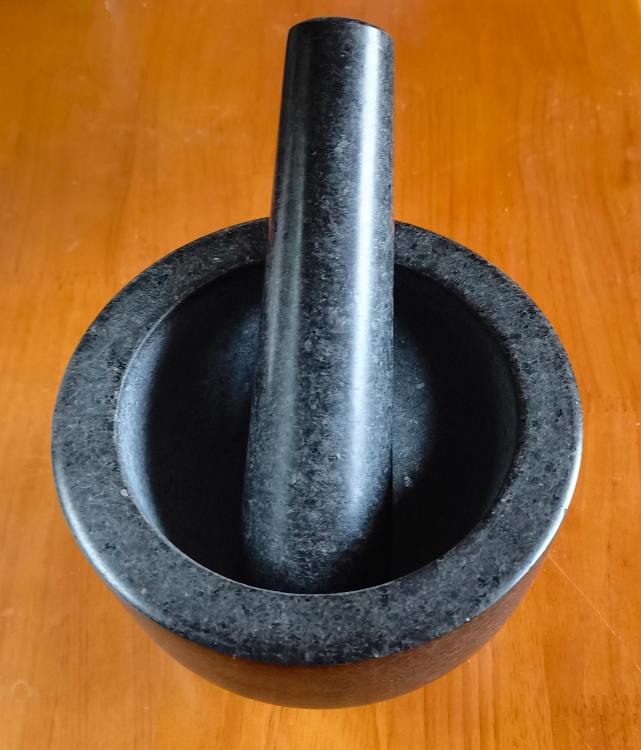滇菜 (diān cài) - Yunnan (云南) Cuisine
Not on the list of eight is the important cuisine of Yunnan, also called 滇 (diān), after 滇池 (diān chí), Dian Chi Lake which is Yunnan’s largest and is located just outside the provincial capital, Kunming. Hence the name of the cuisine.
Yunnan means ‘south of the clouds’ and lies in the south of China, bordering Vietnam, Laos and Myanmar / Burma as well as the neighbouring Chinese provinces of Guizhou, Chongqing, Sichuan and autonomous regions of Guangxi and Tibet. It is home to 51 of China’s ethnic minorities who make up one-third of the population. Their food is notably different from that of the majority Han Chinese population and I’ll talk about that separately later.
It is a beautiful part of China and a popular tourist destination, featuring Tiger Leaping Gorge, the Stone Forest, the ancient cities of Dali and Lijiang and the capital Kunming among others.
Gastronomically, it is most well-known in China for its amazing supply of wild mushrooms. In all, it is said to have around 5,000 different species, 800 of which are edible. These include porcini, morels and matsutake , which can fetch $1,000 USD a pound. Kunming, in particular has numerous restaurants offering 野生菌火锅 (yě shēng jūn huǒ guō), mushroom hotpot feasts, as do other cities around China.
Yunnan Mushrooms
Morels and Matsutake
Also famous in Yunnan is 宣威火腿 (xuān wēi huǒ tuǐ), Xuanwei Ham, one of China’s most famous and described by the Wall St Journal as “The best piece of ham I’ve ever tasted” and rated alongside Spain’s jamón Iberico.
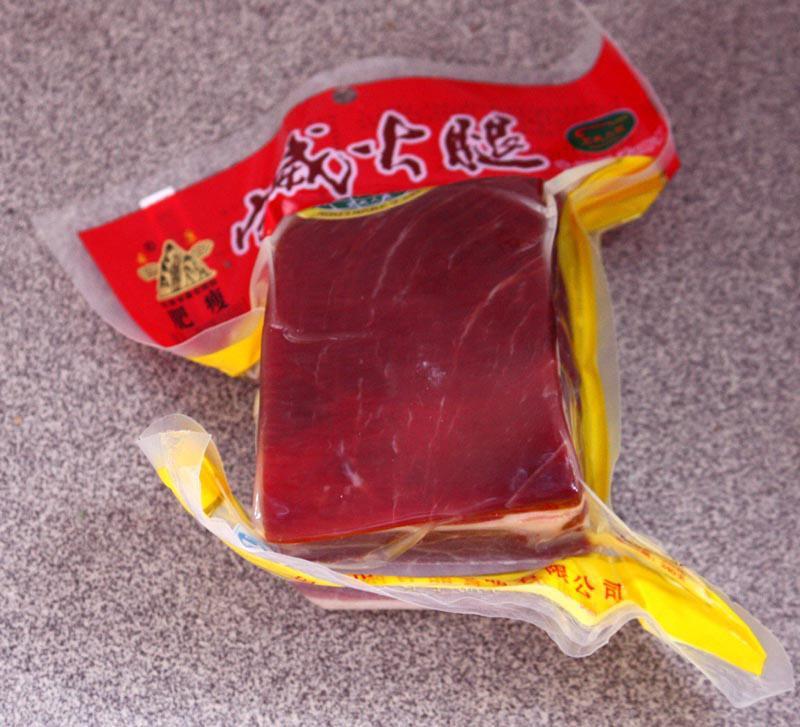
Xuanwei ham
A very popular dish is Yunnan’s 过桥米线 (guò qiáo mǐ xiàn), Crossing the Bridge Noodles. As always, there is an apocryphal (?) story behind the name. It is claimed that there was a minor civil servant who was studying for his imperial exams on a small island, accessible by a bridge, where he could concentrate without distractions. His wife would bring him noodles for lunch but found that by the time she had crossed the bridge to the island the soup would be cold and the noodles overcooked. She accidentally discovered that a layer of oil over the broth kept it warm, so she delivered lunch with the broth so covered, but kept the noodles separate until just before serving. My local deliver app noodles are still delivered in this way.
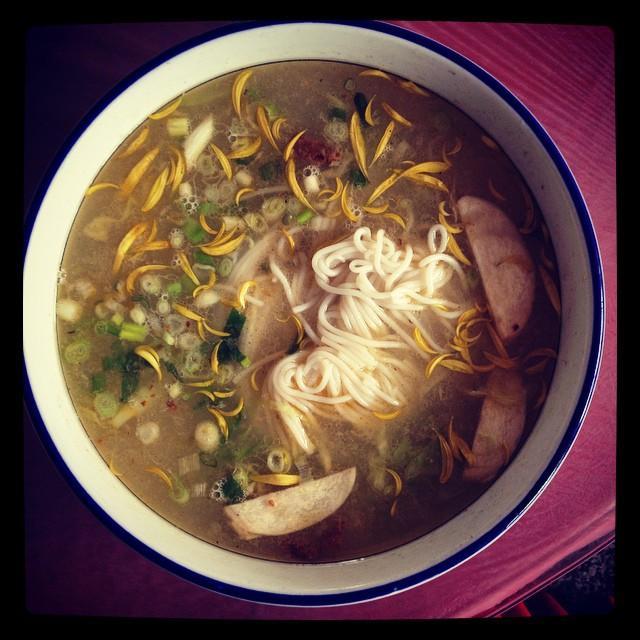
Crossing the Bridge Noodles
Alternative explanations are available.
Yunnan is also one of the few places making cheese in China. It is an ethnic minority speciality, but I will mention it now as it is an important and unusual part of Yunnan food culture. Known as 乳饼 (rǔ bǐng), literally ‘milk cake’, rubing is a hard, usually goat milk cheese. The cheese is usually fried and sugared to bring out the milky taste. Alternatively it can be stretched and dried to make 乳扇 (rǔ shān), literally ‘milk fans’. These are lighter and crisp.
Rubing
Finally, for now and for tea drinkers, Yunnan is home to the famous Pu’er tea (普洱茶 - pǔ ěr chá). This black tea comes from 普洱市 (pǔ ěr shì), a city and prefecture some 570 km / 355 miles south-west of Kunming. Its elevation makes it ideal for tea cultivation. Pu’er comes in two types: raw and fermented, with the latter being best known. Prime grades can be very expensive.
Pu'er Tea
Finally, let me say that one of my favourite possessions is my marble mortar and pestle. It is from Dali in Yunnan. In Chinese, 'marble' is 大理石 (dà lǐ shí), literally Dali Stone, named after the ancient city.
This mushroom themed batik, I also bought in Dali after watching it neing made over several days.


